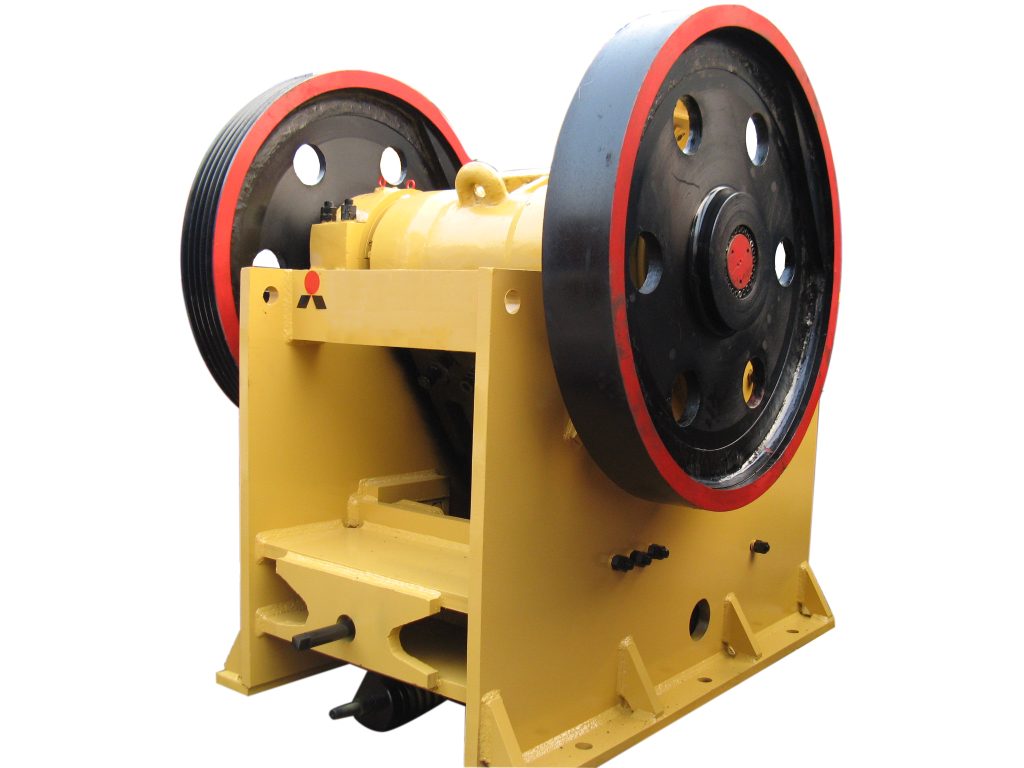Choosing the Right Crusher for Volcanic Sandstone with a Hardness of 8-12 on the Rockwell Scale
Volcanic sandstone, with a hardness of 8-12 on the Rockwell scale, requires specialized crushing equipment to achieve efficient processing while minimizing wear and tear. In the industrial sectors of construction, mining, and road building, selecting the appropriate crusher for materials of this hardness ensures optimal production, longer equipment lifespan, and reduced operational costs. This article will explore which crusher types are most suitable for handling volcanic sandstone and their key benefits in such applications.
1. Understanding Volcanic Sandstone Characteristics
Volcanic sandstone is a unique material formed from volcanic ash and debris that has compacted over time into a solid rock. Due to its hardness rating of 8-12 on the Rockwell scale, it falls in the mid-range between soft and extremely hard materials. This level of hardness makes it resistant to wear but also requires specialized machinery capable of crushing it efficiently without excessive equipment degradation.
2. Recommended Crusher Types for Volcanic Sandstone
a. Jaw Crusher:
For the primary crushing phase, a jaw crusher is highly recommended. It works by applying compressive forces to large volcanic sandstone blocks, reducing them into smaller, more manageable pieces. Jaw crushers are particularly effective for this type of material due to their robust design and ability to handle high-pressure loads. The adjustable setting allows for the flexibility to achieve varying levels of output size, making it an ideal choice for the first stage of crushing.
b. Cone Crusher:
After the initial crushing, cone crushers are highly suitable for secondary and tertiary crushing stages. Cone crushers are specifically designed to handle harder materials like volcanic sandstone. The mechanism of a cone crusher involves the use of a gyrating cone that compresses the material against a fixed outer wall, creating fine and medium-sized aggregates. The cone crusher’s design allows for high efficiency in reducing material while also minimizing the wear on its components, which is critical when dealing with materials of moderate hardness like volcanic sandstone.
c. Impact Crusher:
Impact crushers can also be used effectively for volcanic sandstone, especially in cases where a more uniform particle size or cubic shape is desired. The impact crusher breaks down the stone through high-speed impacts, which can be beneficial for shaping and refining the material. However, for volcanic sandstone with a Rockwell hardness of 8-12, frequent maintenance might be required due to the potential wear on impact crusher components, particularly the blow bars and impact plates.
d. Hydraulic Cone Crusher:
For maximum durability and minimal maintenance, hydraulic cone crushers provide an optimal solution for volcanic sandstone. These crushers offer enhanced crushing efficiency and an adjustable setting for different material sizes. They are also equipped with hydraulic systems that protect the crusher from overload, making them highly reliable in processing materials with varying hardness levels like volcanic sandstone. The hydraulic cone crusher can withstand the material’s hardness while providing consistent and high-quality output.
3. Key Considerations for Selecting the Best Crusher
a. Hardness of Material:
Since volcanic sandstone has a mid-range hardness on the Rockwell scale, the crusher must be able to handle its compressive strength without excessive wear. Cone and jaw crushers are best suited for this, as they can manage harder materials more efficiently than impact crushers.
b. Desired Output Size:
If the final product requires a specific shape or size, impact crushers might be used to complement the cone crusher’s output. The adjustable nature of many cone and jaw crushers also allows for varying output sizes based on project needs.
c. Maintenance and Durability:
Given the hardness of volcanic sandstone, crushers that offer durability and easy maintenance are preferred. Cone crushers, particularly hydraulic models, tend to require less frequent maintenance and are more resistant to wear.
4. Applications in Industry
Crushers capable of processing volcanic sandstone are widely used in the construction industry for producing aggregates for concrete and road base. They are also utilized in mining operations, where the material’s properties are leveraged for different industrial uses. Additionally, volcanic sandstone, once crushed, can be used in decorative and architectural projects due to its unique texture and composition.
Conclusion
For volcanic sandstone with a hardness of 8-12 on the Rockwell scale, jaw crushers and cone crushers are the most effective solutions, with the potential addition of impact crushers for finer processing. These machines offer a balance of efficiency, durability, and adaptability to handle the specific characteristics of volcanic sandstone, ensuring that the crushing process is both productive and cost-effective.
- > Comprehensive Guide to Choosing the Right Jaw Crusher Model
- > Crawler Mobile Cone Crusher for Fine Crushing in Gold Mining
- > Advantages of Using Cone Crushers in Pakistan’s Mining Industry
- > Price Range and Influencing Factors of Mobile Impact Crushers for Mining
- > Application of Fixed Cone Crushers in Metal Ore Crushing
- > The Benefits and Considerations of Second-Hand Portable Jaw Crushers in Canada
- > Impact Crusher Working Principle: A Simple Guide to How It Works
- > Mobile Impact Crushers for Coal Processing in India
Hot Product


Online




Message

